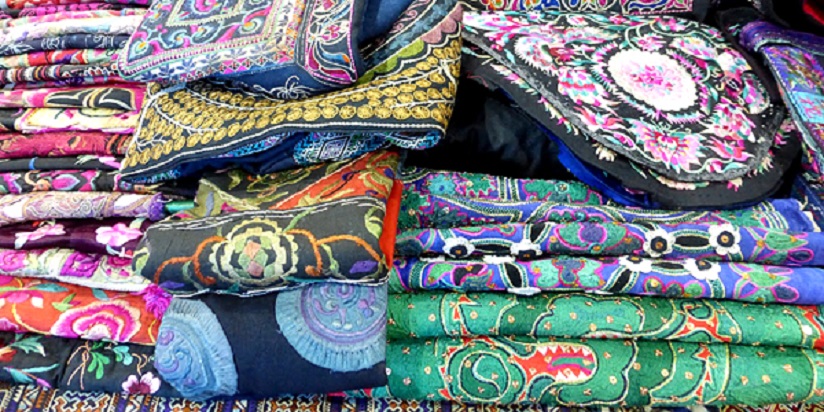Kampala City Traders Association-(KACITA) has called off the peaceful strike that was scheduled to commence this morning. The decision stems from a series of meetings involving KACITA, Ministry of Finance, Planning and Economic Development and the Ministry of Trade Industry and Cooperatives.
After the meeting, the Ministry of Finance and the Private Sector Foundation of Uganda, PSFU, appealed to the traders to give the government a week within which to make it’s final pronounce on the revised tax policy of textiles. The traders are opposed to taxation based on the volume of the import as opposed to percentage of the value.
KACITA Chairman Musoke Thaddeus Nagenda had told the media on Tuesday after the meeting with the Finance Ministry that they had failed to secure an acceptable position from the government, and would therefore proceed with the strike.
Nagenda now says the most contentious issue was about the goods that had already been ordered before the new tax policy came into place and were either in transit or in customs bonded warehouses. The traders have been told that they can clear such cargo under the previous tax measures.
The Minister of State for Planning, Amos Lugoloobi on Tuesday afternoon chaired a meeting of textile traders and manufacturers to address the issue of import tax rates on textiles and garments. He told the traders to wait for the ministry’s final position on the matter within a week, warning that demonstrations by the traders is not a wise option when discussions are ongoing.
“We have listened to you and we are now in a position to make a decision on this matter,” said Lugoloobi. After the meeting, the PSFU Acting Executive Director, Francis Kisirinya, appealed to the traders to open shops, saying that the government has shown a positive attitude towards their concerns.
By the end of the meeting, the government position still remained, that imported textiles and garments, which cannot be sourced locally will incur a 35% import duty. These, according to the Ministry, account for 90% of the textile and garments imports.
The imported textiles and garments, which can also be sourced locally, will be taxed at 35% of the value of an item, or 3 dollars and 3.5 dollars respectively, whichever is higher.
“This is good progress, and we commend Government for their efforts in engaging with the private sector continuously to resolve the concerns of traders,” said Kisirinya.
The government has also drawn a list of items, which comprise the 10% on which the new tax policy will be administered, and PSFU is reviewing the list before giving its advice.
“We are committed to supporting the traders in finding a common ground on the concerns raised. Therefore, we appeal to the traders to halt the planned peaceful demonstration to allow continued engagements to happen amicably,” said Kisirinya.
He said that this will give a chance for negotiations to continue as the means to reach an amicable solution. “Government has requested for a week to conclude and resolve this matter. Therefore, PSFU calls upon affected traders to suspend the planned demonstration.” URN








